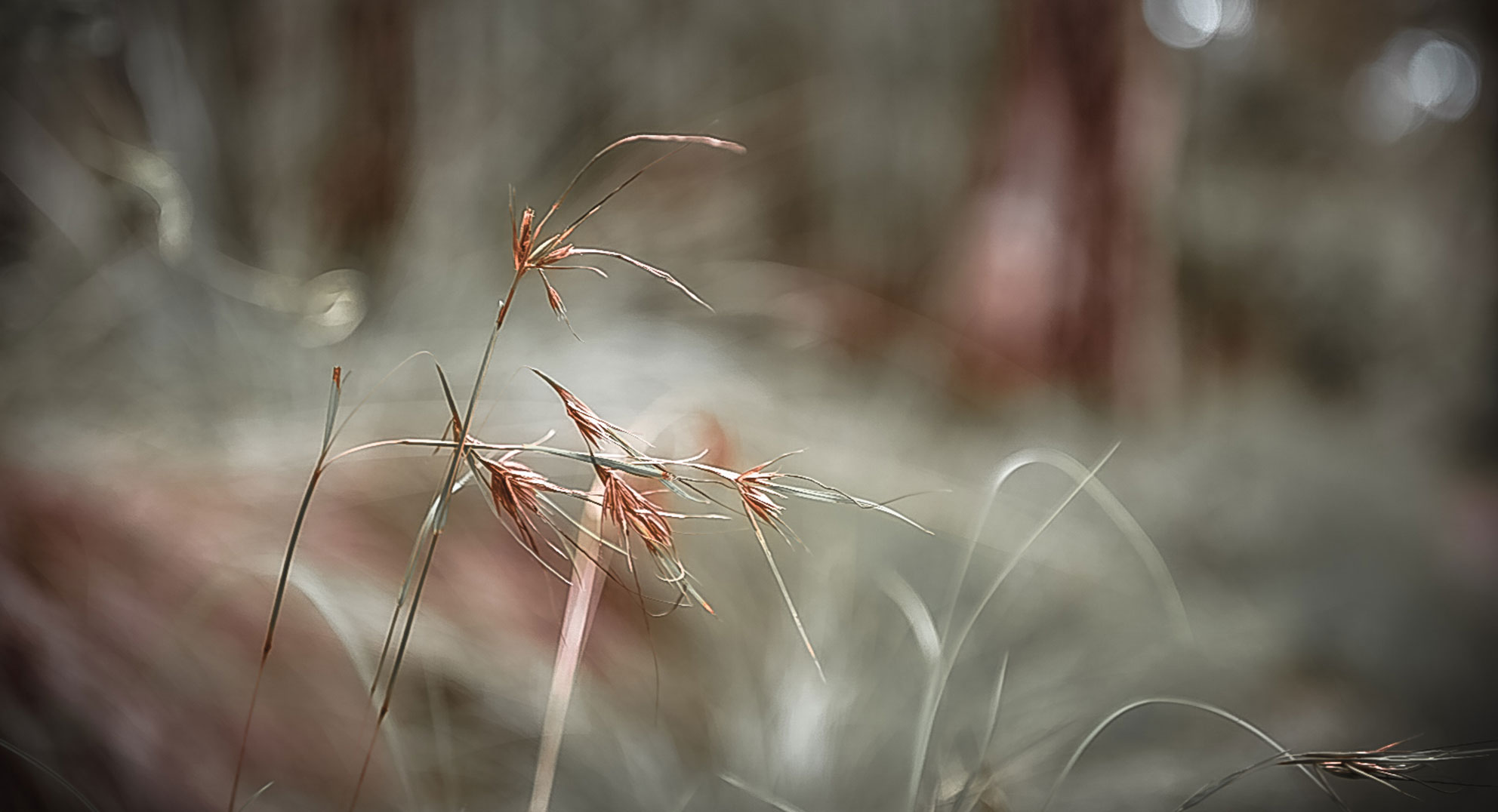Ecological and physiological functioning of native grains production system

Research Lead
Anita Bhusal
Status
In Progress
Project Type
PhD
Timeframe
2024 - 2027
Core Partners
This PhD project focuses on the cultivation of native Australian grasses for grain production, aiming to enhance food security and promote sustainable agriculture.
These native grasses, deeply rooted in the cultural heritage of First Nations people, offer a resilient alternative to traditional crops, especially in harsh climates. By understanding the optimal conditions for their growth, we hope to create practical guidelines for farmers, support First Nations communities, and contribute to a more sustainable and diverse agricultural landscape.
About the project
Grasslands are vital ecosystems that offer immense ecological and economic benefits. They capture water, promote infiltration, reduce erosion, and play a crucial role in managing the global climate through carbon sequestration. In Australia, over 1,100 native grass species exist, with 42 species historically significant in Aboriginal diets. These grasses have supported First Nations people for at least 60,000 years, thriving in semi-arid and arid regions where traditional cereal crops struggle.
The Gamilaraay, Yuwaalaraay, and Yuwaaliyaay people of north-west New South Wales and south-west Queensland have a rich history of using native grains. Reviving these native grain production systems is essential to combat land degradation, enhance landscape resilience, and improve food security. Native Australian grasses, with their deep roots and resistance to extreme heat and drought, are well-suited for harsh environments and contribute to biodiversity, nutrient cycling, and erosion reduction.
This research project aims to unlock the potential of native Australian grasses as a sustainable food source. The primary goal is to understand the germination, growth, and yield requirements of selected native grass species. Secondary objectives include studying the effects of smoke, temperature, and moisture stress on seed germination, the impact of different temperatures, water availability, and nutrients on plant growth, and the influence of nutrient availability on seed production and functional properties.
The research will be carried out through a series of experiments in laboratory, glasshouse, and field settings:
- Experiment 1: Investigate the effects of smoke, temperature regimes, and moisture stress on seed germination.
- Experiment 2: Assess the impact of different temperatures and water availability on grass growth in a controlled environment.
- Experiment 3: Examine the effects of varying nutrient levels and CO2 concentrations on plant growth.
- Experiment 4: Conduct field trials to evaluate the growth of selected native grasses under different nutrient and water conditions.
By studying these factors, the project aims to develop practical guidelines for cultivating native Australian grasses. These grasses have the potential to improve ecosystem services, support biodiversity, and enhance food security on semi-arid, marginal, and degraded lands. Understanding their growth requirements will enable large-scale production, meeting market demands and empowering Traditional Custodians through a revived native grains economy.
This project will provide valuable insights into the sustainable use of native grasses, fostering resilience in Australia’s agricultural landscapes and contributing to global food security efforts.
Outcomes
The project aims to:
- Understand growth requirements: Our research will discover the best conditions for growing selected native grass species for grain production. This will help us create detailed guidelines for farmers on how to cultivate these grasses successfully.
- Boost food security: By adopting native grass species, we aim to improve food security and promote sustainable farming. These grasses can diversify crops and help agriculture adapt to climate change.
- Empower First Nations: Our project will support First Nations communities in producing food sustainably, enhancing their food sovereignty, and preserving their cultural heritage.
Project Updates
View all updatesUnlocking the potential of native grains and grasses in the Northern Murray–Darling Basin
Read More